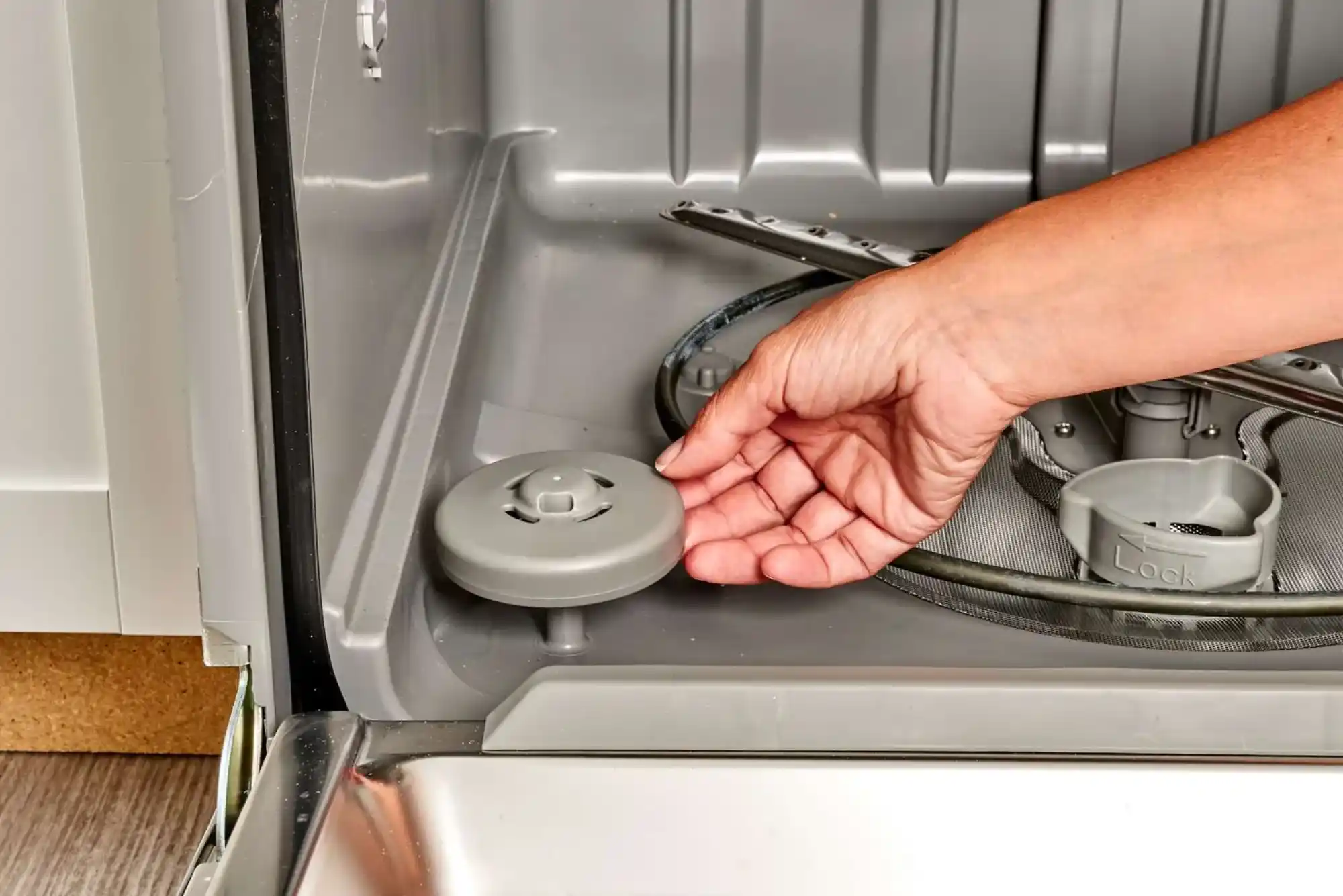Introduction
Traveling abroad can be exciting, but for those receiving In-Home Supportive Services (IHSS), it also brings important questions about how long you can be away without losing benefits. Whether you’re planning a short vacation or visiting family overseas, understanding the IHSS travel policy is crucial. This guide explains everything you need to know about travel limits, eligibility rules, and what happens to your benefits while you’re away.
Understanding IHSS and Its Purpose
IHSS, or In-Home Supportive Services, is a California state program that helps low-income elderly, blind, or disabled individuals live safely in their homes rather than in institutions. Funded by both federal and state governments, IHSS pays caregivers to assist with essential daily activities like bathing, cooking, cleaning, and transportation.
Because IHSS payments are designed to support in-home care, any prolonged absence from the home or the country can affect eligibility. This makes it vital for recipients to know exactly how long IHSS recipients can travel out of the country before their benefits are suspended.
How Long Can IHSS Recipients Travel Out Of The Country?
According to California’s Department of Social Services (CDSS), IHSS recipients may travel or be absent from their home — including out of the country — for up to 30 consecutive days in a 12-month period without losing eligibility. Once that 30-day limit is exceeded, your IHSS benefits may be terminated or suspended until you return.
In simpler terms, you can leave the U.S. for a short trip, but you must return within 30 days to continue receiving IHSS support. If you remain outside the country for more than that, the state considers you “not residing in your home,” which directly violates one of the primary conditions for IHSS eligibility.
Why the 30-Day Rule Matters
The IHSS program’s goal is to provide care while you live at home in California. When you travel internationally for a long time, the program cannot verify your living situation or ensure that you still require in-home care services. This is why the 30-day rule exists — it maintains accountability and ensures that funds are used appropriately.
If you exceed this limit, the county may stop your benefits and may require you to reapply upon return. This process can take several weeks or months, potentially delaying access to your caregiver support and income.
What Happens If You Stay Abroad Longer?
If you stay outside the U.S. beyond the 30-day limit, IHSS benefits are usually discontinued. You’ll need to contact your county IHSS office to report your absence and to reapply once you return. The county may require updated medical and financial documentation to verify your continued eligibility.
Here’s what typically happens when you exceed the travel limit:
Suspension of Benefits: Your IHSS payments will stop until you return.
Reassessment: Upon return, you’ll undergo a reassessment to determine if you still qualify.
Delay in Services: Reactivating benefits can take time, leaving you temporarily without support.
To avoid these disruptions, plan your travel carefully and always communicate with your IHSS caseworker before leaving the country.
Notifying Your IHSS Caseworker
Before any international trip, you should notify your IHSS social worker or county office in writing. Explain your travel dates and reasons for leaving. This proactive communication helps prevent misunderstandings or accusations of misuse of funds.
If your provider (the person who helps you) will also be unavailable during your trip, ensure that all timesheets are submitted accurately before departure. If your provider continues to claim hours while you’re away, that could be considered fraud and lead to penalties.
Exceptions and Special Circumstances
There are limited exceptions to the 30-day rule. For example, in cases of medical emergencies or if you’re receiving approved medical treatment outside the U.S., your county may allow an extension. However, these are granted on a case-by-case basis and require strong documentation such as medical records or doctor’s statements.
In other rare situations, if a global event like a pandemic or travel restriction prevents your timely return, the county might consider an exception. Still, it’s always best to maintain communication and provide evidence of your situation.
How IHSS Tracks Absences
IHSS does not track your travel using immigration or flight data. However, inconsistencies in care records or reports from providers can trigger a review. For example, if your provider continues to claim hours during your absence, IHSS may investigate to confirm whether you were actually in the home.
To stay compliant, be transparent about your travel plans. Honesty not only protects your benefits but also helps maintain the integrity of the IHSS system.
Tips Before Traveling Abroad
Before you leave, make sure your travel plans align with IHSS policies. Here are a few essential tips:
-
Inform your social worker early. Always notify your IHSS office of your departure and return dates.
-
Submit all required paperwork. Complete and submit timesheets before traveling.
-
Avoid benefit misuse. Never allow your provider to claim hours while you are not receiving care.
-
Plan short trips. Keep travel under 30 days to avoid interruptions.
-
Document your trip. Keep travel receipts or itineraries as proof of return if needed.
If you’re unsure how your travel might affect your benefits, check official sources or consult your county office for written confirmation.
Returning to the U.S. After Travel
Once you return to the United States, contact your IHSS social worker immediately. Notify them of your return and confirm that your benefits will continue. In most cases, your payments will resume automatically if your absence was under 30 days. If your benefits were suspended, the reactivation process will begin.
Reactivation can take one to two months depending on the county’s workload and documentation requirements. Having all paperwork ready will speed up this process.
Consequences of Misreporting Travel
Failing to report international travel can have serious consequences. IHSS may consider it fraudulent if payments are issued while you are not in the country receiving care. Penalties can include repayment of overpaid funds, suspension of benefits, or even legal action.
Therefore, it’s always better to be transparent. Remember that IHSS funds are public resources intended for individuals who genuinely require in-home care in California.
Travel Tips for IHSS Recipients
Traveling abroad can be enriching, especially for those visiting family or seeking cultural experiences. But preparation is key.
-
Travel with proper medical documentation in case of emergencies.
-
Keep emergency contacts for your IHSS office and healthcare provider.
-
Review travel advisories before your trip — you can Learn more about staying healthy while traveling.
-
Stay updated on benefit policies. IHSS rules may change over time.
Planning ahead ensures a smooth journey and a seamless return to your care routine.
When in Doubt, Seek Expert Advice
If you’re confused about your travel eligibility, don’t guess. Contact your county IHSS office for written clarification. You can also consult legal aid organizations or senior advocacy groups specializing in disability and elder care rights. They can help interpret rules specific to your case and ensure you remain compliant.
You can also explore more about travel and international living at How Long Can Ihss Recipients Travel Out Of The Country for practical resources and related updates.
Related Travel Considerations
IHSS recipients often balance health, family, and personal aspirations. If you’re considering relocating temporarily or exploring other travel-based opportunities, you might enjoy reading this Related Travel article for insights into managing life abroad while maintaining connections back home.
Traveling abroad while on IHSS benefits is possible, but it requires careful planning and communication. Remember, the program’s main goal is to provide in-home care within California — so any absence from the state, especially from the country, must comply with the 30-day rule.
If you stay away longer, your benefits could be suspended, and you may need to reapply. To protect your eligibility, always keep your IHSS worker informed, submit all documentation, and follow the program’s rules.
Understanding how long IHSS recipients can travel out of the country helps you enjoy your trip without risking your financial and care stability. For more travel-related insights and resources, visit How Long Can Ihss Recipients Travel Out Of The Country. Take the time to plan your trip wisely, stay compliant, and ensure your return home is as smooth as your departure.
FAQs
How long can I stay outside the U.S. and still receive IHSS?
You can stay abroad for up to 30 consecutive days in a 12-month period without losing your IHSS eligibility.
What happens if I stay longer than 30 days?
Your IHSS benefits will likely be suspended or terminated. You’ll need to reapply upon your return.
Do I have to tell my IHSS worker if I’m leaving the country?
Yes. Always inform your IHSS social worker before any extended absence, including international travel.
Can I still pay my caregiver while I’m away?
No. IHSS only pays for care provided while you’re physically present in your home.
Can my benefits continue if I’m hospitalized or in rehabilitation abroad?
Only in rare cases with proper medical documentation and prior approval from your county office.
How can I make sure my benefits resume quickly after I return?
Notify your IHSS office immediately upon return, and have your paperwork ready to verify your reentry and ongoing need for services.












